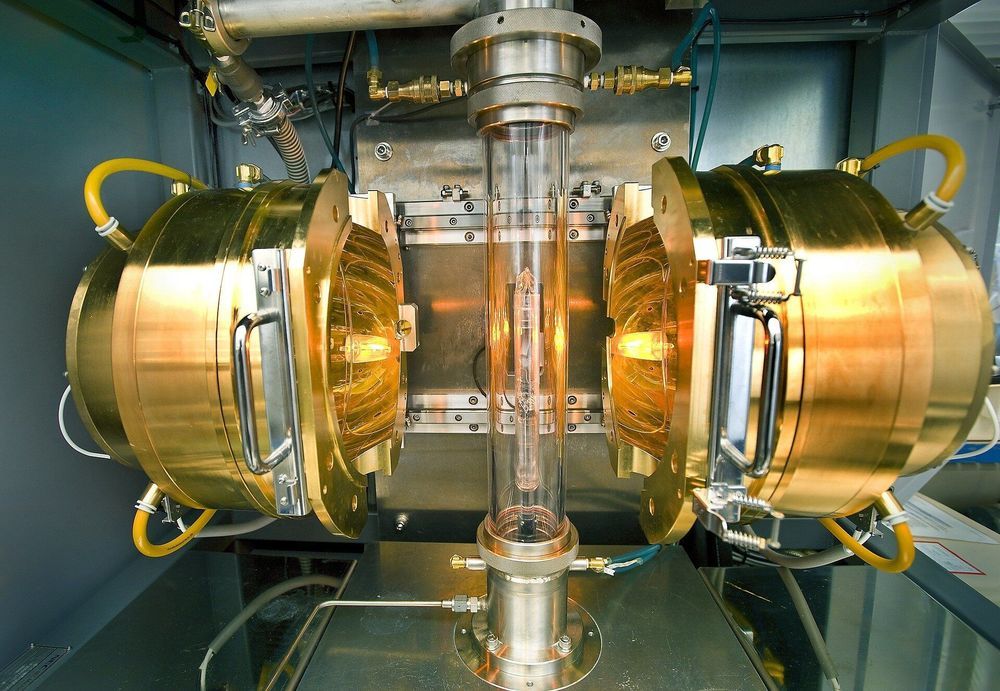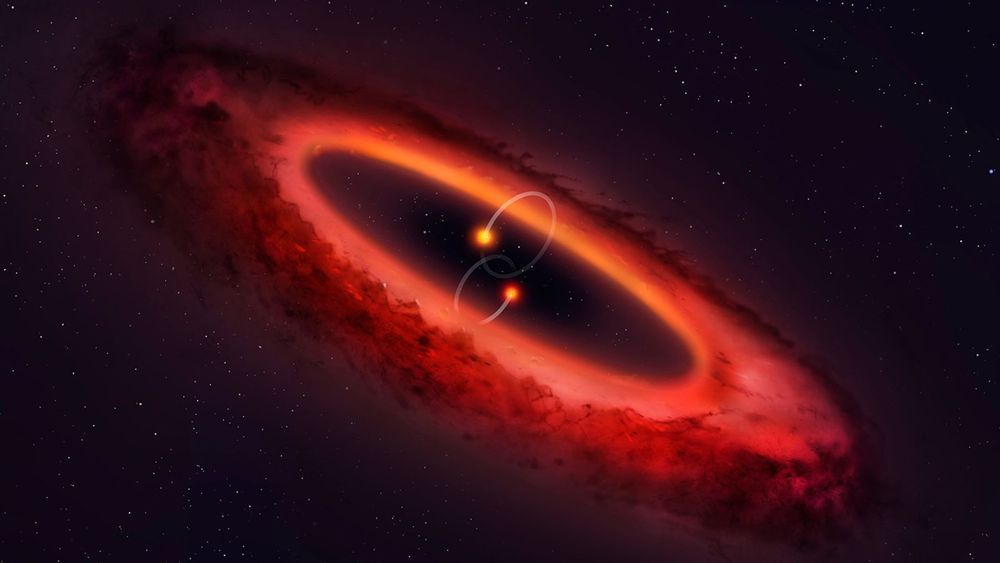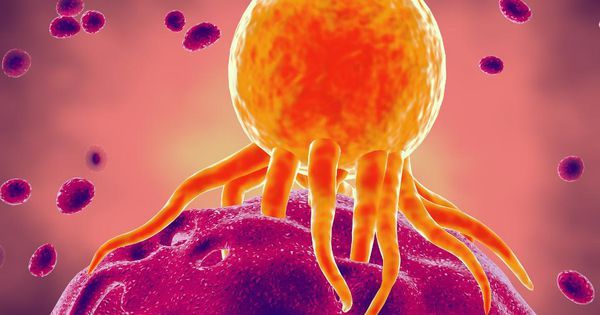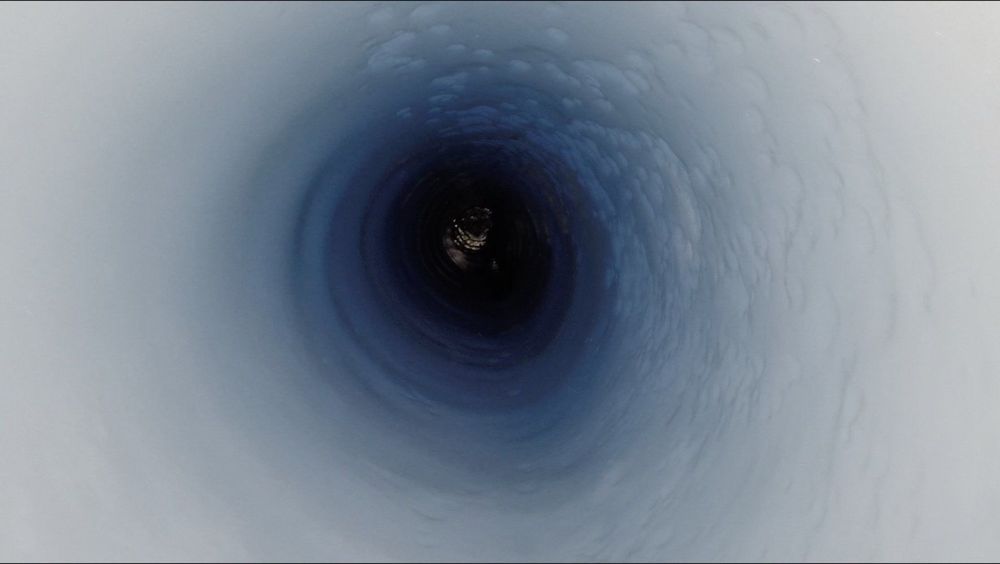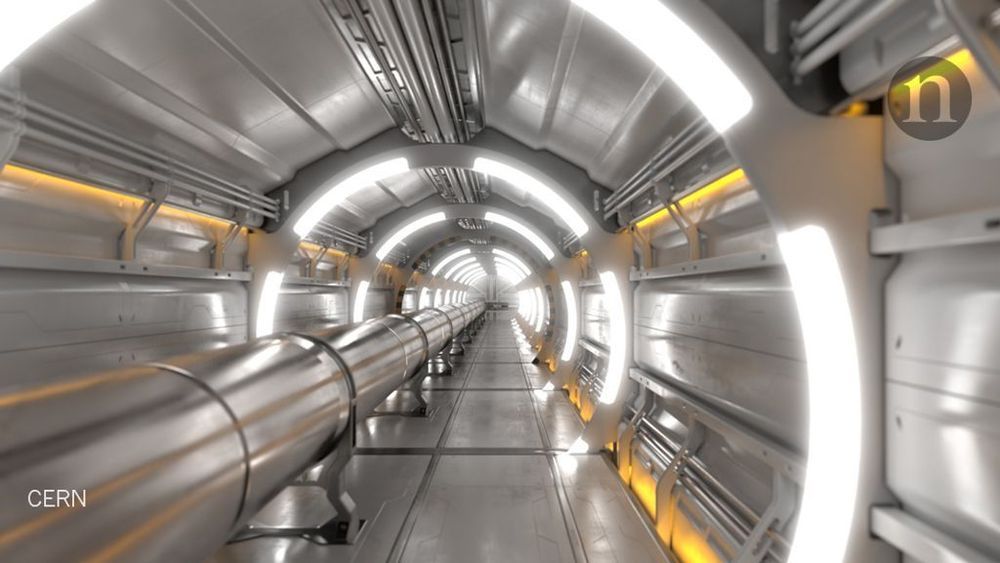Jan 15, 2019
Experiments detect entropy production in mesoscopic quantum systems
Posted by Xavier Rosseel in categories: particle physics, quantum physics
The production of entropy, which means increasing the degree of disorder in a system, is an inexorable tendency in the macroscopic world owing to the second law of thermodynamics. This makes the processes described by classical physics irreversible and, by extension, imposes a direction on the flow of time. However, the tendency does not necessarily apply in the microscopic world, which is governed by quantum mechanics. The laws of quantum physics are reversible in time, so in the microscopic world, there is no preferential direction to the flow of phenomena.
One of the most important aims of contemporary scientific research is knowing exactly where the transition occurs from the quantum world to the classical world and why it occurs — in other words, finding out what makes the production of entropy predominate. This aim explains the current interest in studying mesoscopic systems, which are not as small as individual atoms but nevertheless display well-defined quantum behavior.




